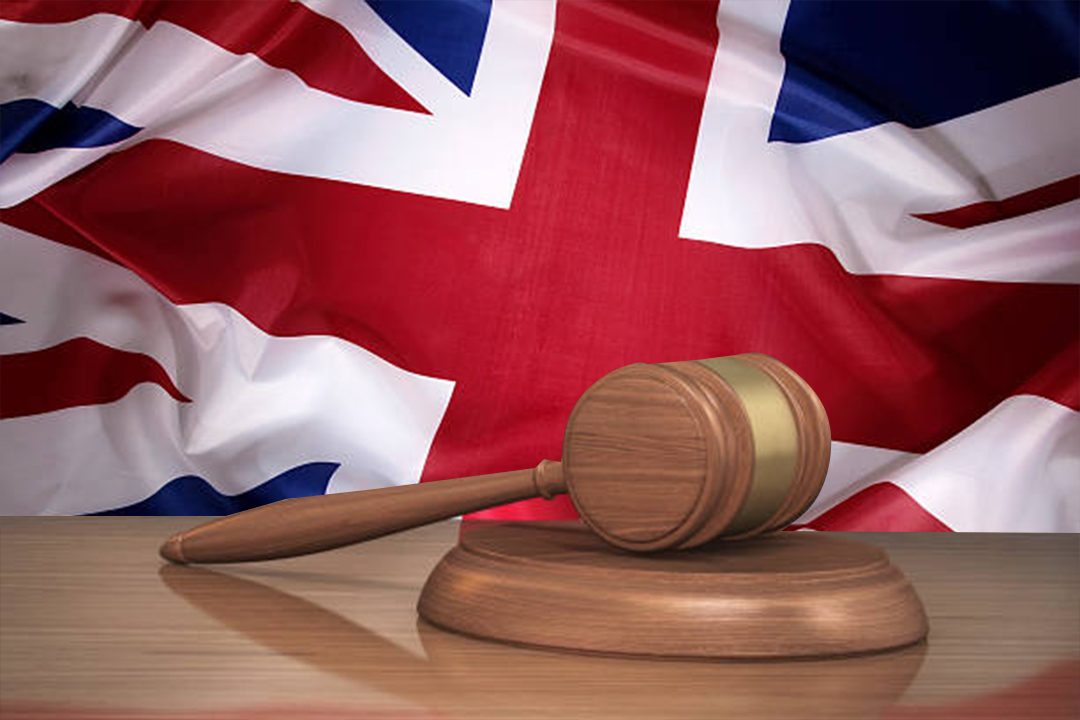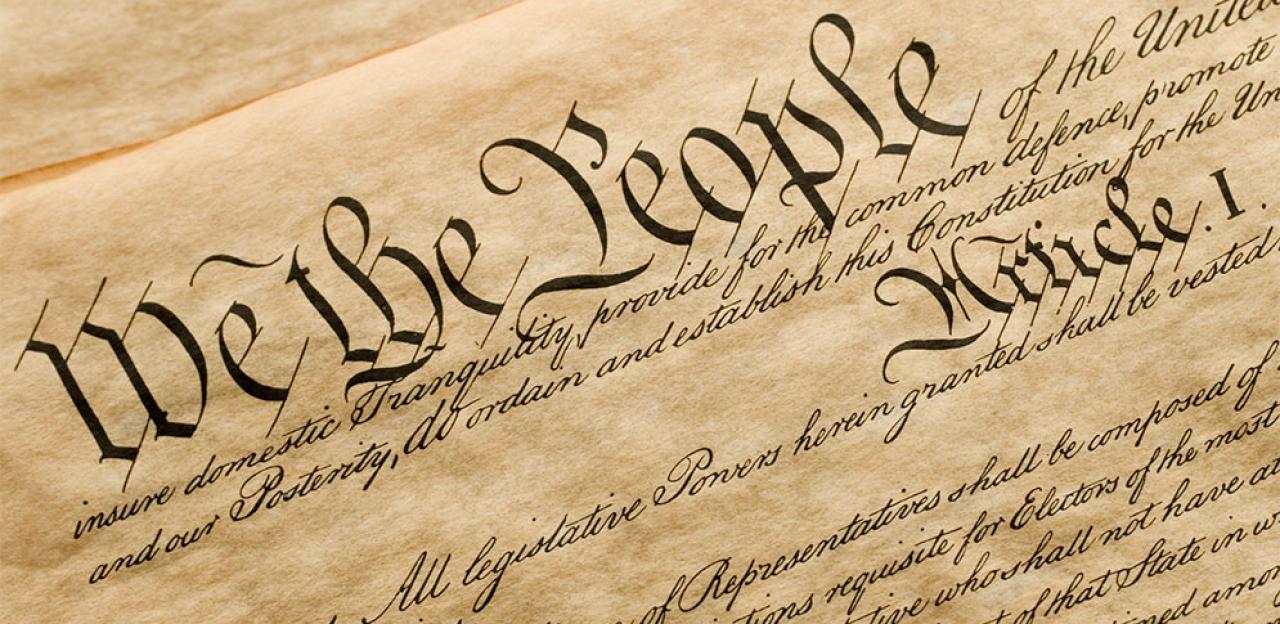The Indian Constitution is one of the most comprehensive rule books in the world. 26th January, 2023, marks the 74th Republic Day of the country. There are several aspects of the Indian Constitution which make it special, be it the length or its originality. Holistically, the Indian rule book is an original piece, however, there are several provisions that we have borrowed from other books, even those which have played a crucial role in the development of our country.

The Constitution of India. Credits – The Wire
-
Britain
A huge chunk of the Indian system is based on Britain’s fundamentals. This also includes the very basis of our parliamentary government. The Executive in India serves as the topmost portfolio holding position, but in the larger scheme of this, it is just a part of the Legislature or the house of elected lawmakers, originally an English concept.
The concept of having a Cabinet, which is considered to be the cream of the Executive, is also a provision that India has borrowed from Britain. The Indian legislature is divided into two houses, viz, the Upper house and the Lower house. While one has the representatives of the states, the other has directly elected parliamentarians. This system creates a more objective way of making laws, keeping the interests of the states in the mind.

Credits – Money Gelt.
-
Ireland
Ireland is another country from the United Kingdom that has greatly helped our constitution makers to shape India’s law book. Three of the most important constitutional provisions have been borrowed from the Irish constitution. India has a limited number of fundamental rights, hence several other policies were included in article 44 of the Indian constitution for general public welfare. Unlike Fundamental rights, there is no compulsion on the state to ensure the implementation of these policies, however, the states are encouraged to do so for the creation of a ‘welfare state’.
The President, who is the nominal head of the state, is not directly elected by the people of the country. It is the electoral college, consisting of MPs and MLAs which takes part in the process of electing the head of the Indian state. This provision has also been borrowed from the Irish Constitution.
Constitution of Ireland – Wikipedia
-
The United States of America
The US constitution is one of the oldest in the modern democratic world. India has adopted several important provisions, including the likes of impeachment of the head of state, from the same.
However, more importantly, the highlight of the Indian Constitution – The concept of having Fundamental Rights, has been adopted from the US rule book. Judiciary is a crucial element of the Indian System, and its independence is mandatory. The provision to keep it independent has been taken from the US.

Credits – American Battlefield Trust
-
USSR (now Russia)
The former Soviet nation had several values and concepts which the Indian state holds very dearly to itself. It includes the likes of the fundamentals mentioned in the preamble of our constitution, viz the ideals of justice (social, political, and economic).

Credits – Constitution Sokolniki
-
France
This European country has inspired several law books around the globe, including that of India. Our country is officially referred to as the Republic of India, the ‘Republic’ in that term is derived from France. It means that the head of state is an elected individual, ensuring democratic functioning.
Besides, the ideals of Equality, Liberty, and Fraternity are also derived from the French Constitution.

The French Constitution – The Economic Times





















































































